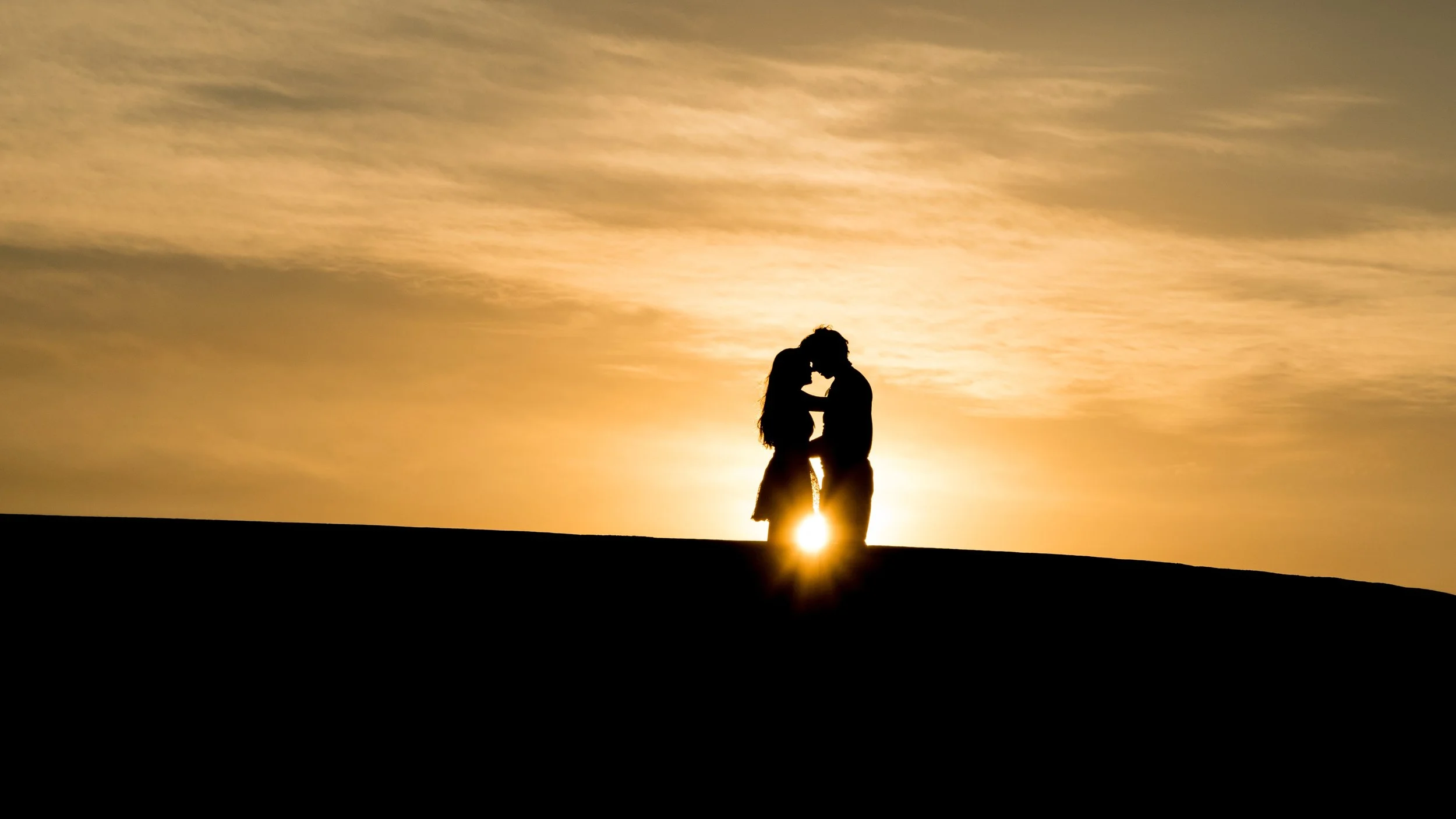The Course of Love
Tragically misunderstood? Yeah, me too.
The biggest failing in modern relationships, it seems, is that we have been completely misled by popular music, film, books and other art forms. When we take our cue from these stories we expect perfection; or at least charming imperfection. It’s symptomatic of the romanticism that has slowly seeped into our world. We go out into adulthood searching for our soulmate: that one person who is going to tick every box on our list, understand us completely and still remain the bubbly, enthusiastic and loving person that they exhibit during the infatuation phase. This attitude is wistfully hopeful and ultimately sets us up for disappointment as real life shows us, viscerally, that each and every one of us is human. It is impossible to be the person that our partner desperately wants us to be - because we are trying to figure this world out ourselves. Our own insecurities, failings, anxiety and baggage renders our fairytale woefully underwhelming. Yet, we never speak about it.
This is what the magnificent book ‘The Course of Love’ by Alain de Botton aims to do. It aims to tell a real love story. A love story that is honest about how difficult it is to be in a relationship with another soul. A story that is honest enough to accept that movie-type perfection is merely a mirage and what makes a relationship work is actually hard work, empathy, a willingness to be vulnerable and often, a cheery disposition. While at times the book seems cynical about long-term relationships, it is in fact a celebration of the compassion that is needed to make one work - and a compass to help guide us to be more kind to each other and to ourselves.
I have long enjoyed the books of Alain de Botton because of the honesty he brings to his writing. He tends to delve into “dangerous” thoughts that we all think about, but never vocalise because we are scared of the backlash or the opinions of others. His work illuminates these topics and speaks light into the darkness - showing that talking about these things does not make us bad people. On the contrary, it frees us from the charade that life can become and gives us the comfort to accept ourselves as a flawed human being in a world where lots of things are not going to go our way. De Botton's optimism about the value of life only appears once you have dug through the first layer of comprehension. This book speaks the truth about intimate relationships.
At this point in my life, I am a 25-year old single man who thinks about this a lot. I'm at that stage of my life where it feels like all of my friends are getting engaged and as a result - jealously creeps into my mind more often than I would like. It is easy to compare myself to others and even though I know that marriage isn’t a success metric that should matter at this stage (or perhaps at any stage) - it often feels like it does. In my strongest moments I can console myself with the realisation that I have simply chosen different priorities up to now and that everyone’s journey looks different. But in my weaker moments, it’s easy for my unconscious mind to ask questions about one’s desirability or to come up with reasons for the impending loneliness.
The truth is somewhere in between the two, I think. Relationships are messy and I am a complicated human being, as we all are. I bring my own flaws and insecurities to the table when I meet someone and the timing is often not quite right. This book speaks light into the darkness of self-aggrandisation and pulls open the curtains of long-term relationships. They aren’t something to find. They aren’t a treasure that you unlock and then live off the proceeds. They are hard-work, hard-fought and through the journey of ups and downs, aim to make you a better, more compassionate human.
We often focus all our effort on finding someone to love us.
Instead, we should strive to love others: to act out love and compassion.
This is not a movie.
If you enjoyed this post - please subscribe here to join the family!
Photo by Bruno Sousa on Unsplash
